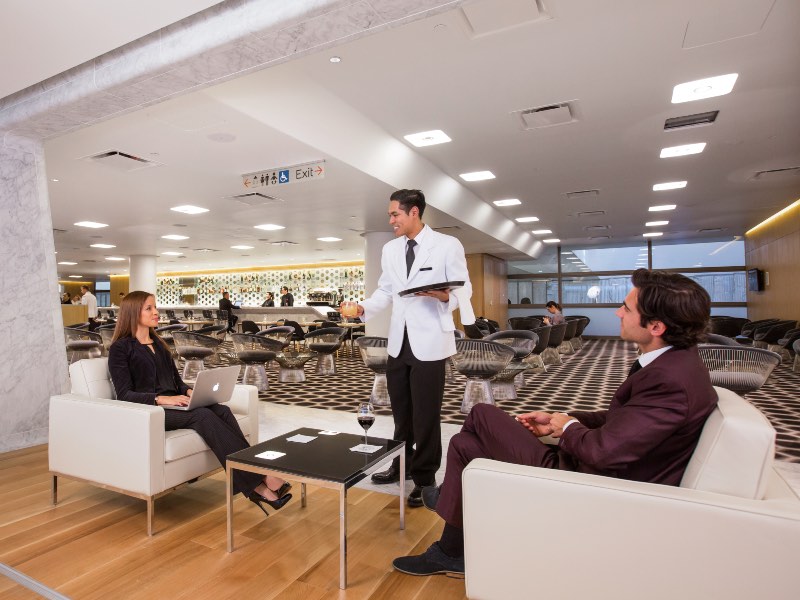
For many frequent flyers, top-tier elite status is the “holy grail” of airline loyalty programs. It comes with lots of extra benefits when you fly, such as lounge access, access to priority queues and a higher chance of getting upgraded. As a result, some frequent flyers are willing to go quite extreme lengths to attain a higher status tier with their airline of choice – as evidenced by AFF’s status run threads!
If you mainly fly Economy, there’s no question that holding elite airline status makes a world of difference. It comes with a whole lot of exclusive perks at the airport that normally only come with a Business or First Class ticket. But if you’re mainly booking Business or First Class tickets anyway – be it with points or otherwise – is there really much point to status?
As an alternative strategy to maximising frequent flyer programs, some avid points collectors have shunned the idea of elite airline status. Instead, they focus on collecting frequent flyer points and then redeem their points to fly in the pointy end – and they couldn’t be happier!
Darwin-based Leon Loganathan is one of those frequent flyers. He describes the concept of elite airline status as “unappealing”.
“I had a crack at getting Qantas Gold status around 2015,” Loganathan said.
“I got to Qantas Gold but it didn’t do much for me because my work pays for Qantas Club anyway. I got some additional points, but the thing that really killed it for me was the complete inflexibility. It locks you into using a particular airline.”
Chasing status can lead to irrational decisions
“I see people making the most irrational decisions when they’re trying to attain or retain status. It’s just nuts – people fly at times when they don’t really want to fly, even when there are better and cheaper alternatives, just to retain their Qantas status,” Loganathan opined.
Loganathan said that many of his colleagues would only fly with Qantas in order to retain Platinum One status. They did this so they would have a dedicated person at Qantas to talk to and so that they would almost always be upgraded, where possible.
“But as soon as I understood how points work, especially the ability to buy points, that was a game changer. I’m often sitting in the highest cabin anyway, and I don’t have to be a slave to a particular airline for the chance to get upgraded.
“What I like the most about not having airline loyalty is that I can choose which airline I want to fly. I booked a flight today, and the best option was a combination of Qantas and Virgin. I don’t have to worry about flying a particular airline to retain my status – I just earn and burn points as I need them on whichever airline has the best schedule and availability for my trip.”
Of course, while many of the benefits of a premium cabin ticket and elite status are the same on the ground, a Business or First Class ticket also comes with a much more comfortable seat and better service on board the aircraft!
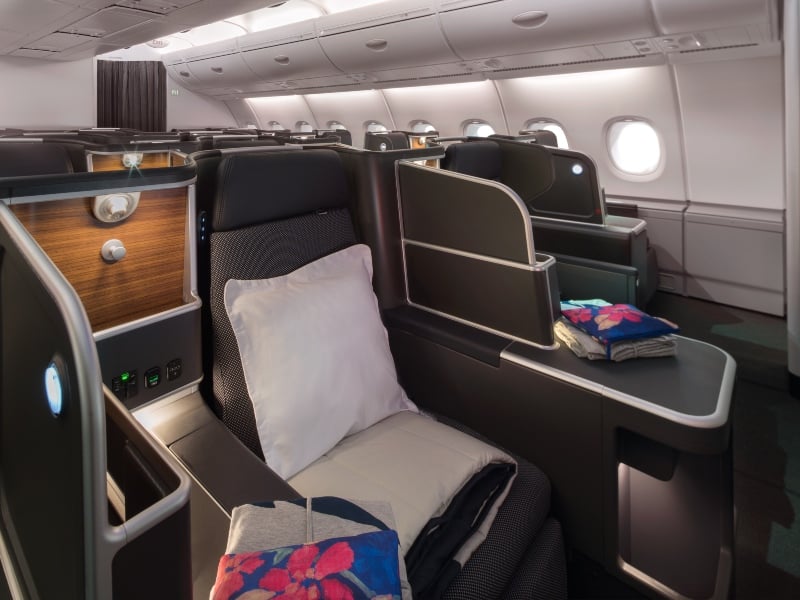
Australian Frequent Flyer founder Clifford Reichlin, based in Melbourne, is another frequent flyer who has adopted this school of thought. He proudly holds no status with any airline.
“For me, personally, status is not important. I don’t believe the benefit is worth the cost of chasing status with a particular airline,” Reichlin said.
“But it depends how much you travel and who’s paying for it. One thing I do miss is access to priority service with the call centre.”
A trade-off between redeeming points and earning status credits
When redeeming points for award bookings, you generally don’t earn any of the status credits which count towards qualifying for elite status.
There are exceptions – for example, Qantas Points Club members can still earn status credits when redeeming points for Qantas-marketed Classic Flight Reward seats. Multiple other airlines including Virgin Atlantic, Delta and Turkish Airlines now offer similar benefits to their frequent flyers when they book a seat with points or miles. But most of the time, there’s a trade-off between redeeming points or earning status.
While Leon Loganathan does fly in Economy some of the time, he says he can still access lounges at many airports thanks to his American Express Platinum card.
“The Amex Platinum card opens a lot of doors – pardon the pun,” Loganathan said.
“The Virgin lounge membership is very useful, and Priority Pass is supremely useful when doing a lot of international travel because you can use it when flying with any airline and in any class of travel. I’ve used that card to access lounges all over the world including in Singapore, Myanmar, Vietnam and Mexico. It’s probably the most useful benefit of the Amex Platinum card.”
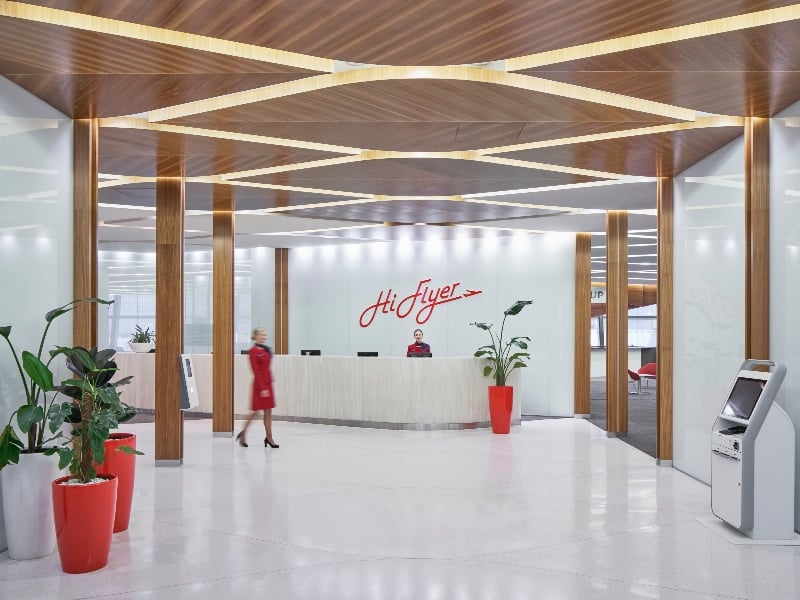
Even if you don’t have a credit card that offers lounge passes, you can also buy a Qantas Club, Virgin Australia Lounge or Priority Pass membership.
Status does afford some additional benefits…
Still, there are some status benefits that you don’t otherwise get with a Business or First Class ticket.
For example, one of the main benefits of Qantas Platinum or Platinum One status lately, sadly, has been the ability to access competent service from the Qantas call centre. Bronze members, on the other hand, have almost no chance of getting their calls answered by the excellent Hobart call centre – even if they have bought a $15,000 First Class ticket.
Benefits like bonus points are irrelevant when flying on award tickets, as these don’t earn any points anyway. But the ability for Qantas Gold, Platinum and Platinum One frequent flyers to access additional Classic Flight Reward seats on Qantas can be helpful. This is especially the case for Platinum and Platinum One members, who can request additional reward seats to be released.
There are also some small additional benefits of status when travelling in a premium cabin. These include the ability to pre-select a seat closer to the front of the cabin (on Qantas flights), or perhaps occasionally getting meal orders taken before other passengers in Business Class.
For regular business travellers, airline status could also still be worth it as it affords them benefits on occasions when they might take their family on holiday in Economy.
But if you’re booked in Business or First Class anyway, most of the main benefits of airline status do already come automatically with the ticket.
What do you think? Leave a comment and join the discussion on the Australian Frequent Flyer forum!
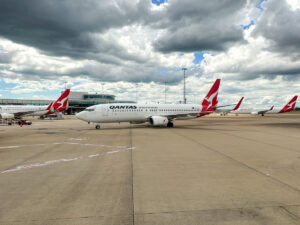





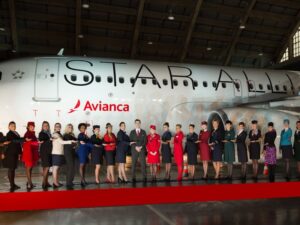












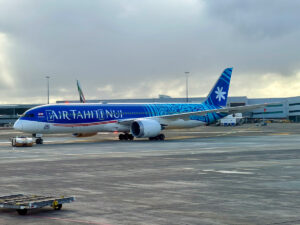
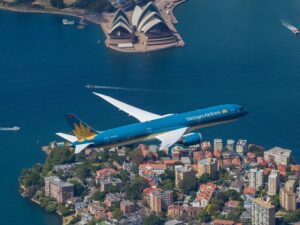
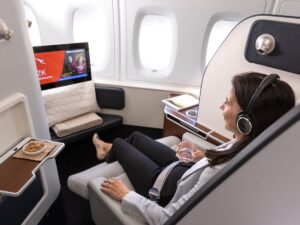





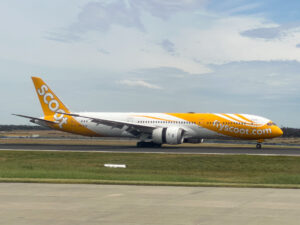












































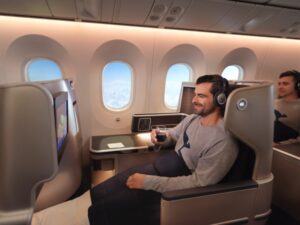
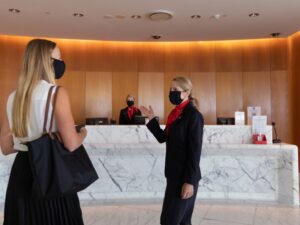






Community Comments
Loading new replies...
Join the full discussion at the Australian Frequent Flyer →